Il Maestro
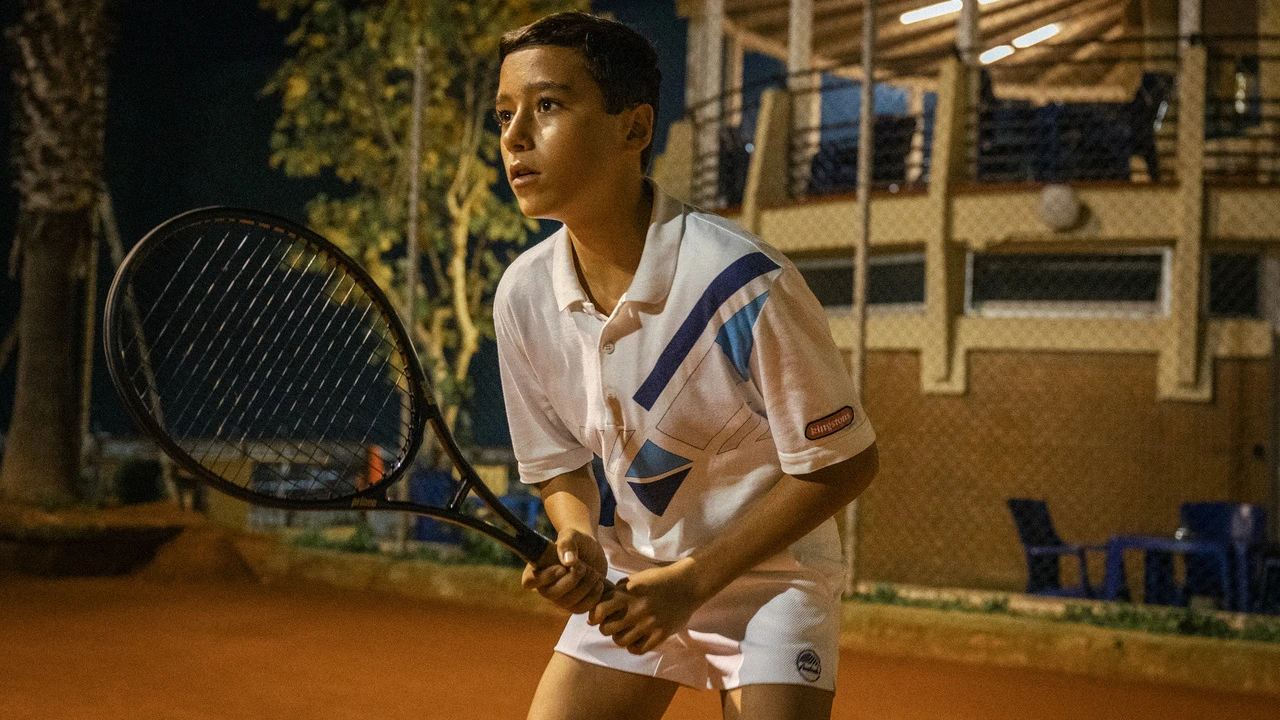
Andrea Di Stefano’s Il Maestro turns the conventions of the sports film on its head. Raul Gatti (Pierfrancesco Favino), a former tennis player coasting on his legacy, returns to the courts as a mentor – but it quickly becomes clear he is ill-equipped for the role. His advice is inconsistent, often baffling, and he occasionally nods off mid-match. His new charge, 13-year-old Felice (Tiziano Menichelli), carries not only his father’s hopes but the family’s savings on a summer-long training road trip with Gatti along the Italian coast.
The 80s setting is treated with care, grounding the story in a specific moment in tennis history. Youth tournaments were informal, talent management was loose, and the assumption that a former professional automatically makes a good coach feels almost quaint today. Di Stefano captures this world with nostalgic precision. The Italian coastal towns, both idyllic and timeless, serve as an atmospheric, lived-in backdrop for the film’s road-trip structure.
Favino embodies Gatti’s weary disillusionment with careful restraint, while Menichelli conveys both the determination and the frustration of pre-professional athletics – and of adolescence itself. Naturally, much of the film’s tension comes from Gatti’s ineptitude. Unlike typical films of the genre, where coaches are infallible, Gatti fumbles through instructions and strategies, testing Felice’s patience at every turn. The resulting humour is understated, rooted in human awkwardness rather than slapstick, and it gives the central relationship a surprising depth. Their bond is earned through repeated missteps, shared frustrations, and the small victories of learning from one another. The feature is also attentive to Felice’s own perspective: his idolisation of tennis legend Guillermo Vilas, his youthful self-doubt, and his gradual technical improvement provide a counterbalance to Gatti’s uncertainty, highlighting the reciprocal nature of mentorship.
The ending, though predictable, feels earned. Felice and Gatti’s bond develops through repeated mistakes, small compromises, and the gradual process of learning from one another. Il Maestro closes on this incremental, unvarnished progress, emphasising growth as a lived, ongoing experience rather than a single dramatic moment.
Christina Yang
Il Maestro does not have a release date yet.
Read more reviews from our Venice Film Festival coverage here.
For further information about the event, visit the Venice Film Festival website here.

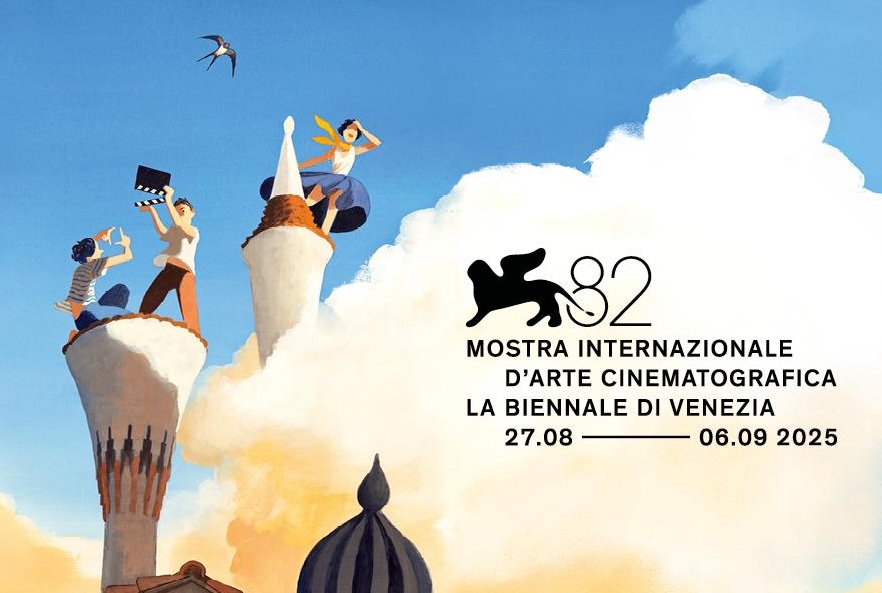
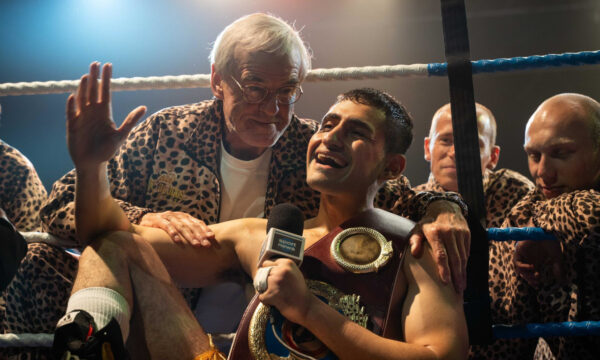

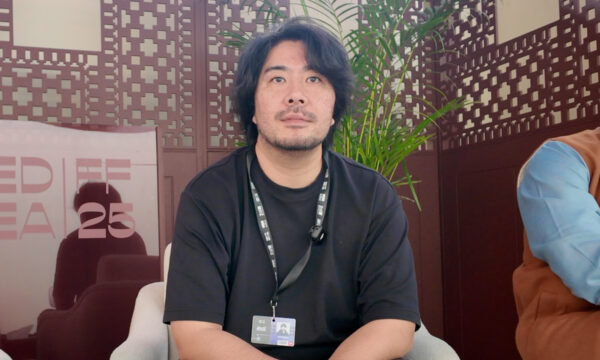


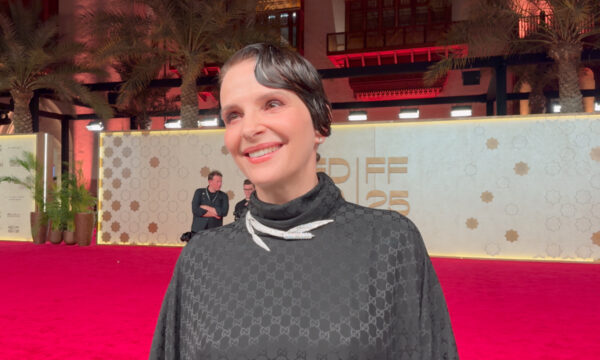
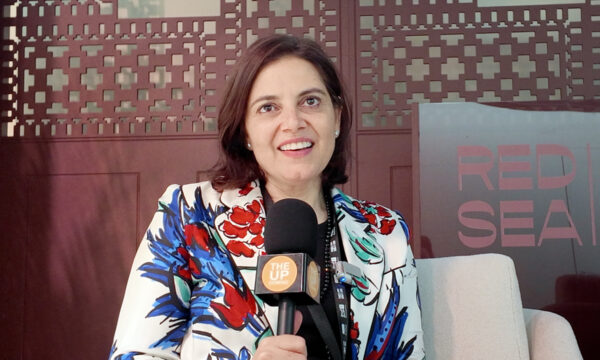
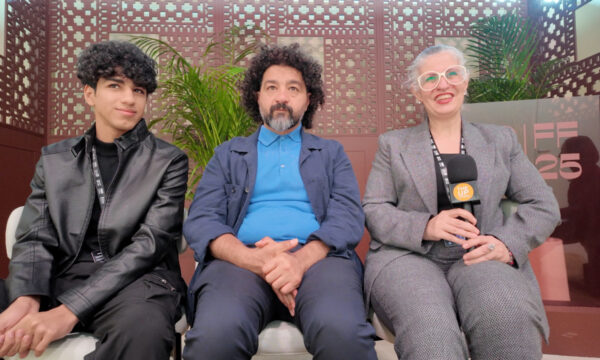
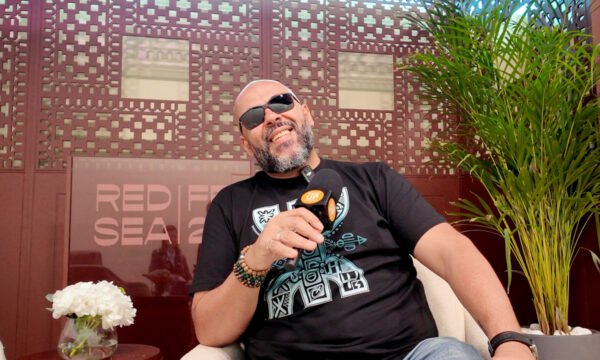



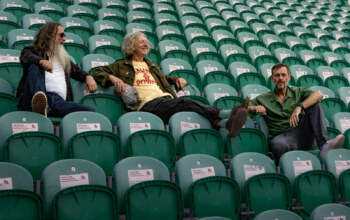


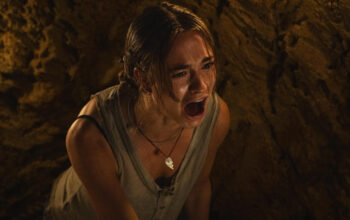






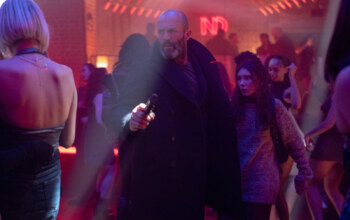
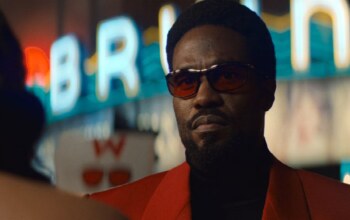
Facebook
Twitter
Instagram
YouTube
RSS